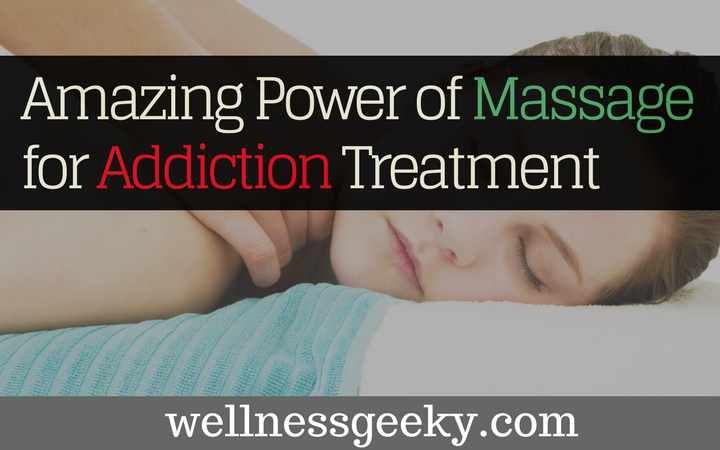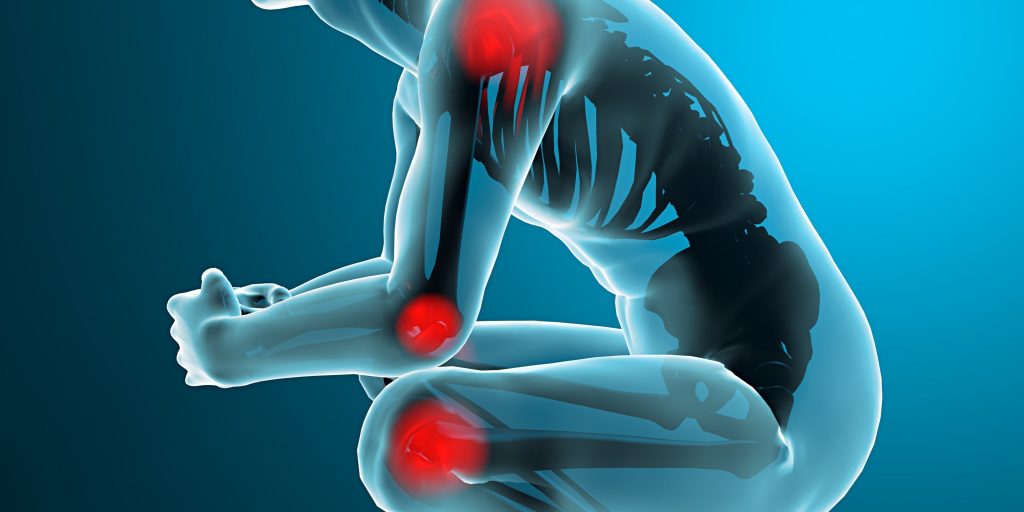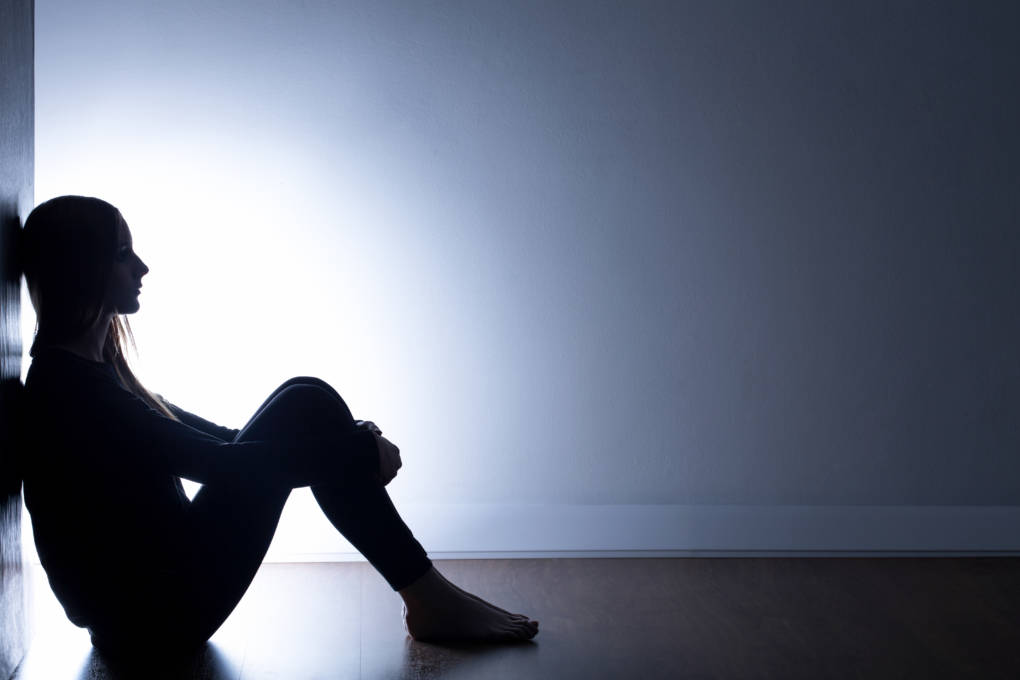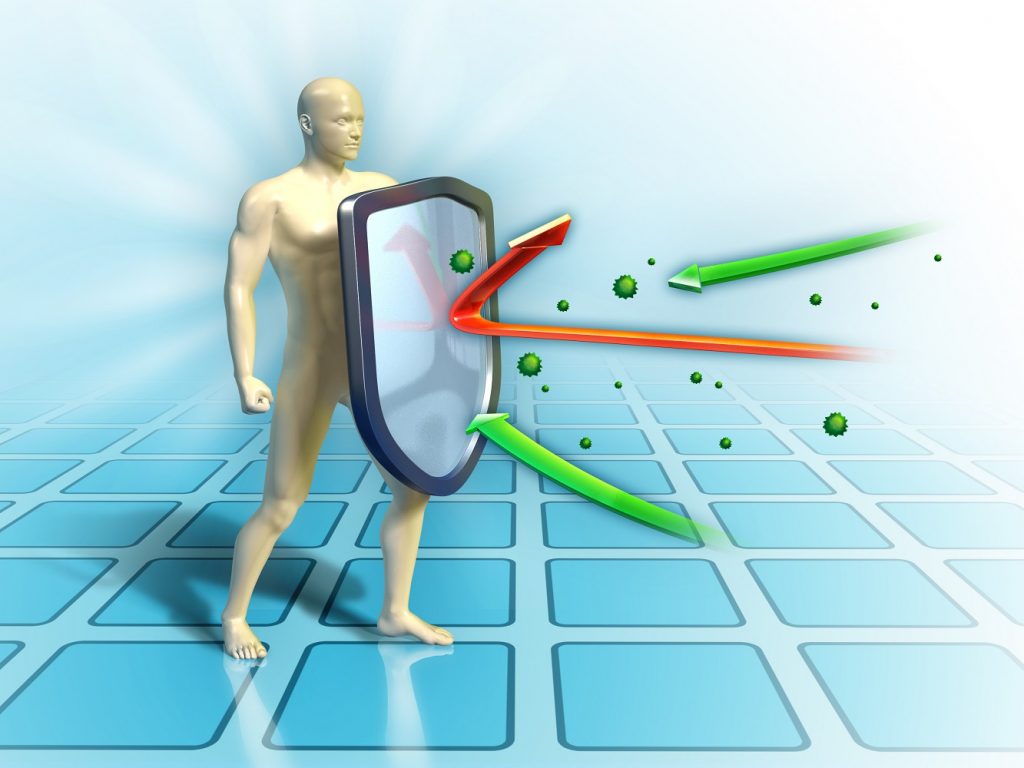
Massages are amazing. That’s something that most of us can agree on.
But we probably get more out of every massage than we realize.
Here’s our first clue is that massages are powerful recovery tools: Massage is often used in both physical and mental recovery programs.
Addiction recovery is one such ailment that has a significant impact on the mind, and massage offers many amazing benefits.
When you’re going through addiction recovery, massages are next-level amazing. But you don’t have to suffer from addiction to enjoy the many empowering benefits of massage.
Add regular massages to your weekly routine, and you too can harness the power of massage.
Stress Reduction

Someone who has been using drugs (legally or illegally) to help manage stress may have a hard time getting off of them. It happens partly because the body gets used to the outside source of dopamine that the drugs provide.
Stress hormones also have an adverse effect on dopamine. So if you’re off the drugs and feeling stressed, it’s like a double whammy to your dopamine levels.
Getting regular massages can help combat the harmful effects of stress, and in turn, possibly reduce a person's odds of relapsing.
Feel-Good Effects
A Norwegian study found that connective-tissue massage therapy was effective for stress and produced a whopping 16 percent boost in beta-endorphins.
Endorphins work much in the same way as dopamine in the body to help the mind and body feel pleasure.
During the study, patients felt less agitated and more positive within less than an hour of physical manipulation.
This study gives hope to those battling addiction and trying to regain control over their lives. When you feel good, you’re empowered to do what’s best for yourself and your body.
Improved Self-Awareness

Massage also helps people tune into signals from their body, especially those signals that are transmitting tension and stress.
When your body is used to massage, those signals will tell your brain it’s time for another massage or to change the habits that are causing tension.
Our bodies do still send the signals when we aren’t getting massages, but we tend to get used to them over time.
Massage can offer a reset of sorts where our bodies are back to feeling good again. When we feel good, any tensions become more noticeable.
When you introduce regular massage sessions into your routine, you may naturally get into the habit of becoming more self-aware.
From here, especially in recovery, we must find healthier ways of handling stress and tension.
Aids in the Detoxification Process

Massage therapy can be helpful when someone is experiencing physical symptoms and when they aren’t.
It happens because massage naturally loosens muscles and causes the body to release endorphins. Massage also gets the blood flowing and helps increase lymphatic drainage, which can help your body.
Eases Depression
Just like a hug from a good friend, human touch can be incredibly therapeutic – as long as it’s done in a safe, professional environment like a spa, physical therapist’s office, or reputable massage parlor.
A 2005 study published in the International Journal of Neuroscience found that women with breast cancer who received massages three times weekly reported being less depressed and angry than they were previously.
Another study, published in the Journal of the American Academy of Child and Adolescent Psychiatry, shows that depressed and anxious patients were much happier and more relaxed with lowered stress levels than before massage.
Improves Sleep

A 2014 Iranian Journal of Nursing and Midwifery Research study showed that breast cancer patients with insomnia who were undergoing chemotherapy greatly benefited from massage.
In this study, the control group who was given medication to fight insomnia showed no noticeable changes in sleep while the massage group rested better overall.
Reduces Muscle and Joint Pain

This study compared 68 patients with arthritis of the knee who received massage versus a group with the same type of arthritis who didn't get massages. The massage group reported improvements in pain, function, and range of motion.
If massage can efficiently reduce certain types of pain, we may find less of a need for prescription painkillers that can be addicting. Less of a need for pain relievers that could be addicting.
Boosts Immunity
When our immune systems are working optimally, everything else seems a bit easier. A 2010 Journal of Alternative and Complementary Medicine study found that massage stimulates overall white blood cell counts and improves immune function for HIV patients.
White blood cells play a significant role in defending the body from illness and disease.
High counts are crucial when your body is battling a chronic disease like cancer or HIV, but they’re also crucial for keeping us healthy on a daily basis.
When you think about all the benefits of massage, they make sense. No one would argue that massage is relaxing.
And if you imagine a massage at your most stressful time, it's not a stretch to say it would help.
Massage is not only helpful to the general public, but it can be instrumental in fighting diseases like addiction, cancer, and HIV. So why aren't more of us getting regular massages?


